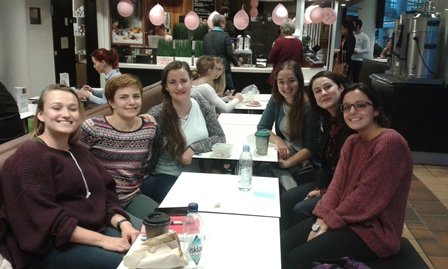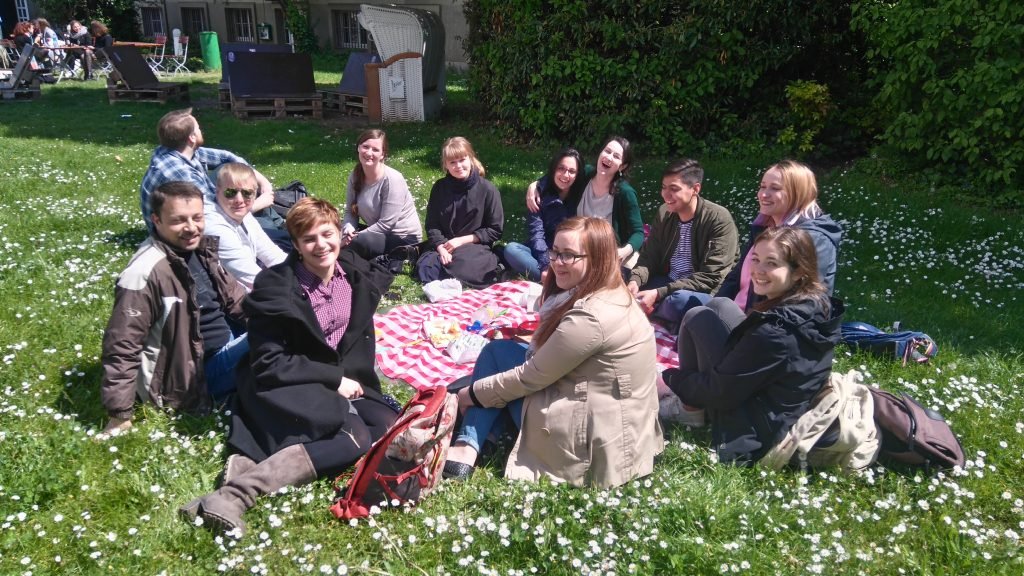In 2011, the European Humanities University (EHU) launched a joint doctoral program in philosophy in partnership with Vytautas Magnus University (Kaunas) and the Lithuanian Culture Research Institute (Vilnius).
EHU’s Doctorate in Philosophy combines the European historical philosophical tradition with a flexible interdisciplinary focus. This allows for in-depth analysis of the most problematic and burning issues that concern today’s individual as well as society at large.
The main focus of doctoral theses lies within two areas:
- The impact of new technologies on social practices and the experience of identity
- Social and ethical transformations in the era of globalization
EHU’s doctoral program provides an opportunity to significantly enhance one’s qualifications, effectively network with the European academic community, defend one’s doctoral dissertation, and earn a doctoral degree (PhD in Philosophy) that is recognized throughout the European Union. A master’s degree (or a more advanced degree) is a prerequisite for prospective students who wish to enroll in the doctoral program.
The duration of doctoral studies is four years. Within this time frame, a doctoral student studies for and takes exams in the subjects of his choice, publishes articles covering topics related to her or his thesis, and participates in conferences and other academic activities. PhD in Humanities is awarded after a successful defense of the doctoral thesis.
Languages of instruction







